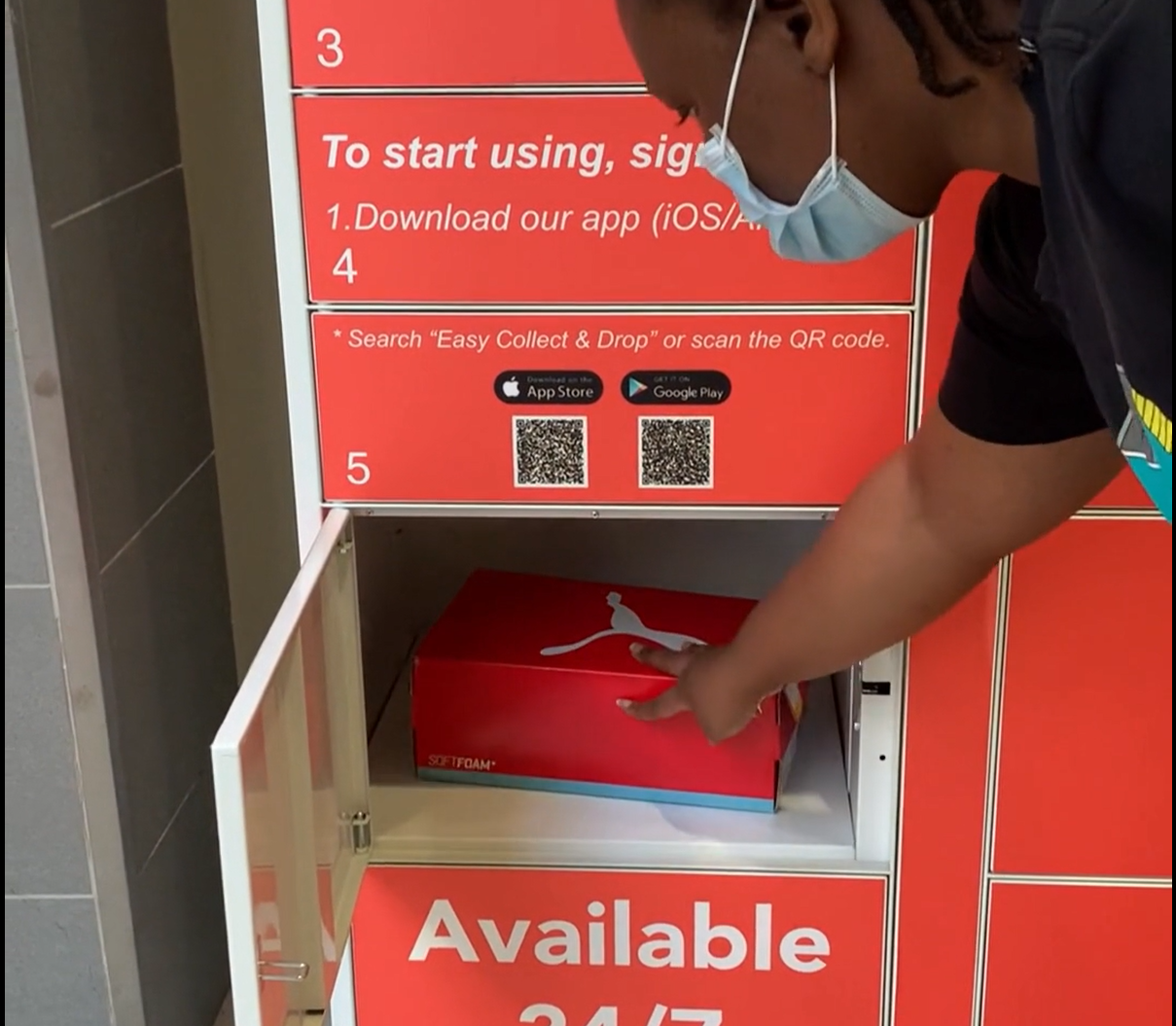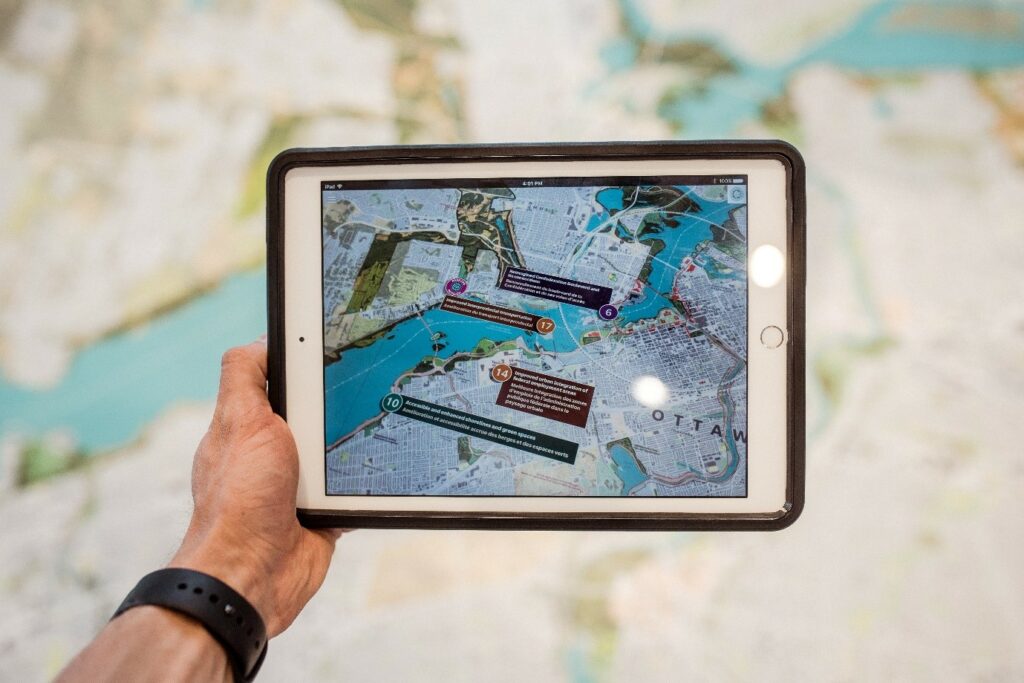Businesses, across the globe, have had to react swiftly to meet the challenges posed by the pandemic. However, the increased implementation of vaccine programmes on a worldwide scale have brought light to the end of the tunnel. As we move closer to reaching a time “post”-Covid, it is important for businesses in South Africa to be well-positioned in the recovery stages of the years to come. This blog investigates the post-Covid business trends that are likely to affect the landscape of the post-Covid era. Organisations should be aware of these post-2021 trends to ensure that they take the necessary steps to build strategic resilience and ensure success.
2021 has undoubtedly changed the way in which South African businesses conduct themselves and this will lead to various trends in the upcoming years. A few of these post-Covid trends that could be relevant to you as a business owner, are discussed below:
Post-Covid Business Trends: The rapid and always evolving digital transformation
As a business owner, you are probably aware of the manner in which the pandemic has transformed how we interact with technology. This change has not only occurred within in the realm of our personal lives, but also within the corporate and business field, making way for new post-Covid business trends to keep up with.
Before the pandemic, many businesses did not invest a lot of time and resources into their digital offerings. However, Covid-19 has now obligated organisations globally and in South Africa to take radical steps towards adopting technological advancements. A McKinsey Global Survey of executives reports that their companies have accelerated the digitisation of their customer and supply-chain interactions, as well as their internal operations, by approximately three to four years.
If businesses continue to leverage on new technologies within various sectors of their organisations (including businesses processes, staff management, service offerings etc.) and put focus on both employee and customer’s experience with technology, this will ensure that they stay ahead in the game against their competitors technologically.
Consumer behaviour and the growth of e-commerce
Over the past two years, customers have changed the ways in which they interact with businesses and purchase products. Furthermore, this has altered their patterns of spending. These new customer behaviours will continue to be exist beyond 2021.
Monitoring trends in consumer behaviour is important to anticipate consumer needs for planning and strategic purposes. Throughout the pandemic, customers moved dramatically towards online channels. Consequently, online platforms have reached a peak, with the demand for online shopping appearing to be sustainable for the long-term. This attraction to online shopping has not only been enhanced by health and safety reasons, but also convenience, time reduction and a wide array of products.
A boom is also evident in the e-commerce sector due to the rapid response to the challenge of creating positive consumer experiences during the pandemic. A recent report compiled by McKinsey has shown that 10 years of digital innovation has taken place in approximately 3 months and e-commerce across the globe has increased by between 2 to 5 times more than the level that existed prior to the pandemic. These statistics show the significant impact that a change in consumer behaviour has had, and this is evident within a number of industries, such as e-groceries, remote working and learning, as well as digital entertainment.
The age of new marketing strategies
Consumers have changed where and how they engage with businesses. It is important for businesses to stay relevant across a large variety of platforms including print advertising, outdoor advertising and digital marketing. The sudden increase of people being indoors has led to a change in lifestyle where consumers now spend much more time online than before. This is evident in 45% of global consumers spending more time on social media, which has led to an increased focus on social media marketing.
There are many examples of marketing techniques that have been used during the pandemic but can be continued in the post 2021 era to accelerate business growth, such as rethinking and digitalising communication strategies, making greater investments in Facebook and other social media ads and offering exclusive discounts or promotions.
Supply chain and last-mile delivery changes
Supply chains, and particularly last-mile logistics, have been disrupted due to Covid-19. However, it has also encouraged brainstorming and the development of alternative last-mile logistics solutions. There is no doubt that these new supply chain activities are being and will continue to be adapted.
An anticipated business trend is the further integration of technological platforms and advancements with supply chain processes. This opens a multitude of opportunities for last-mile delivery companies to continue providing ground-breaking methods of delivery. Innovations, such as contactless pick-up points, drones, mobile warehouses, automated delivery vehicles and smart lockers, will continue to surge and improve in the post-Covid era.

Picture by And Africa LLC
Keep Up With Post-Covid Business Trends To Keep Your Business Going Forward
The business world will definitely look different in the post-Covid era. This puts pressure on businesses to not only be aware of the changes that have occurred in the past year and a half, but also be ready to implement effective business processes in the years to come. This blog has explored the various trends that will affect the manner in which businesses operate, as well as how they interact and deal with clients. It important for you as a business owner to be conscious of these trends and consider their implementation in order to optimise the way in which your company is run.























